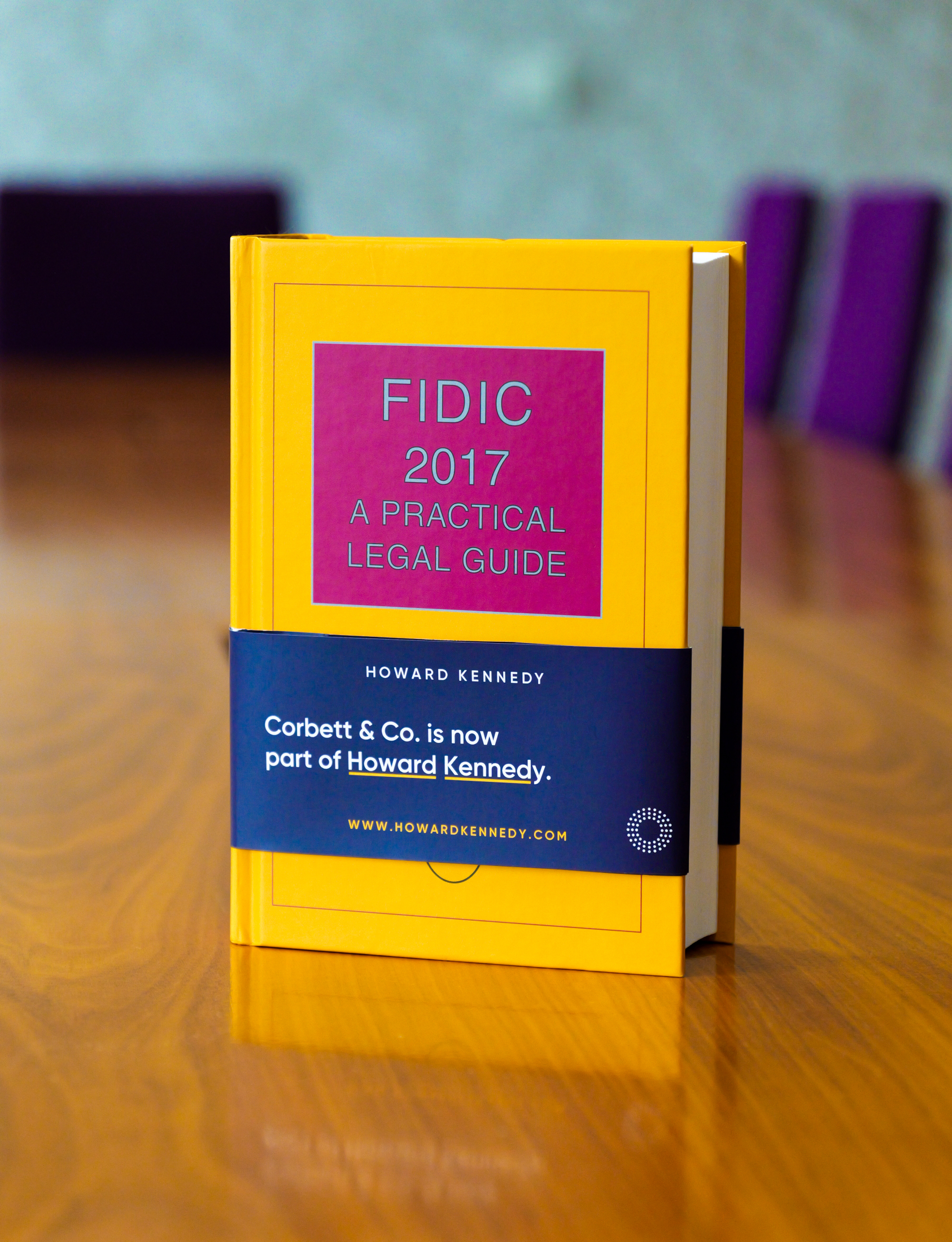Celebrating Five Years of FIDIC 2017: A Practical Legal Guide
November 2025 marks five years since the International Construction team at Howard Kennedy LLP published FIDIC 2017: A Practical Legal Guide, which is praised for clarity, depth, and practical utility, becoming an essential resource for administering complex FIDIC contracts and avoiding disputes.



















